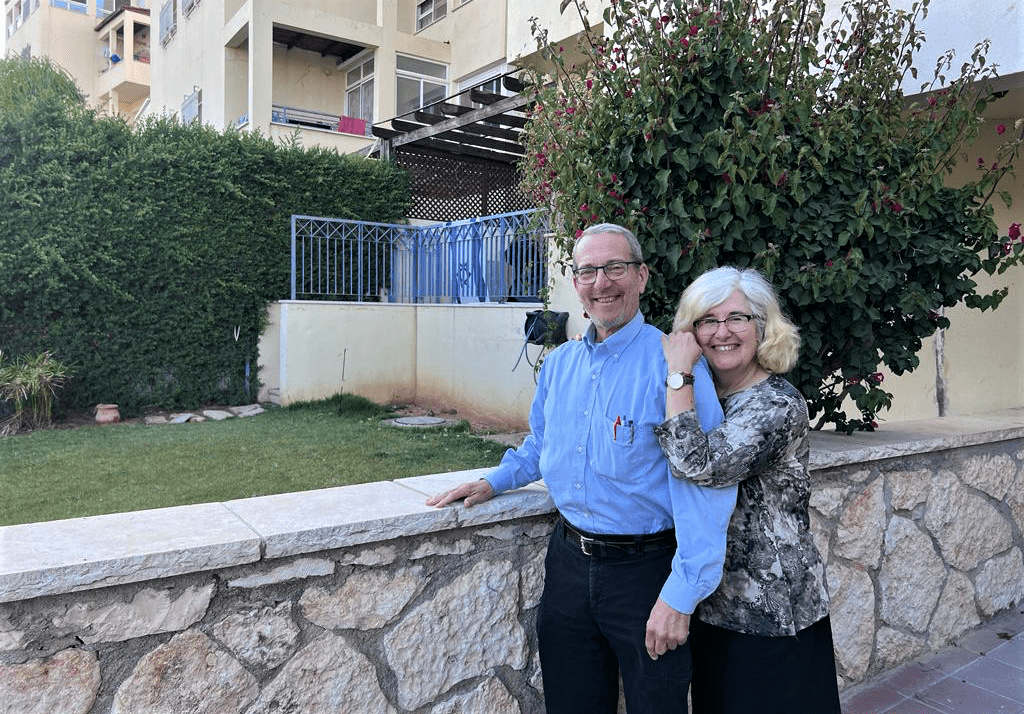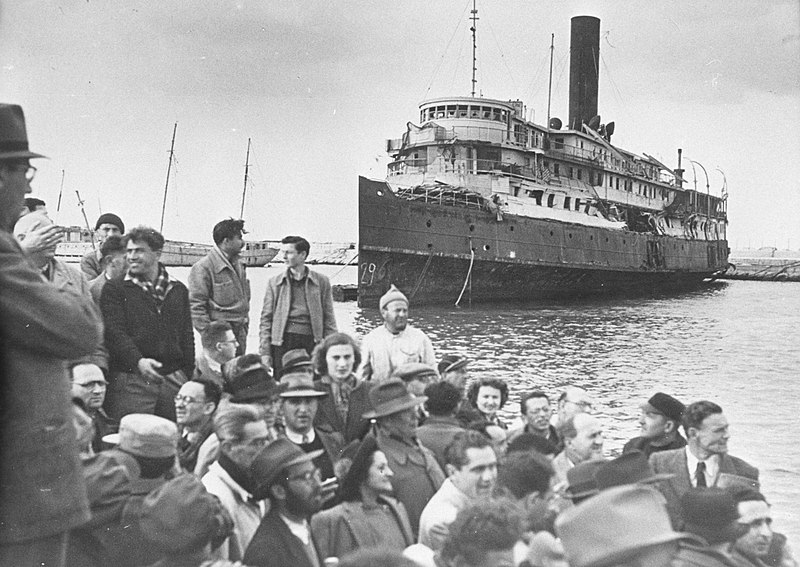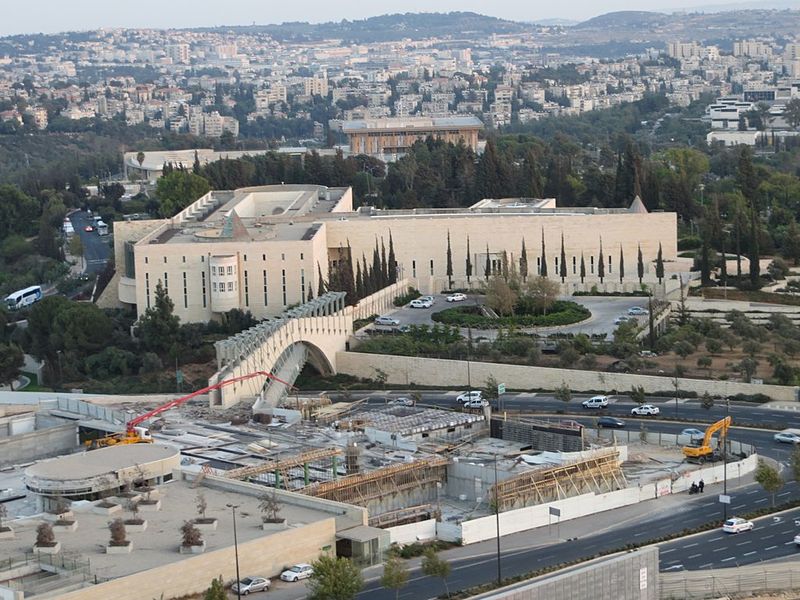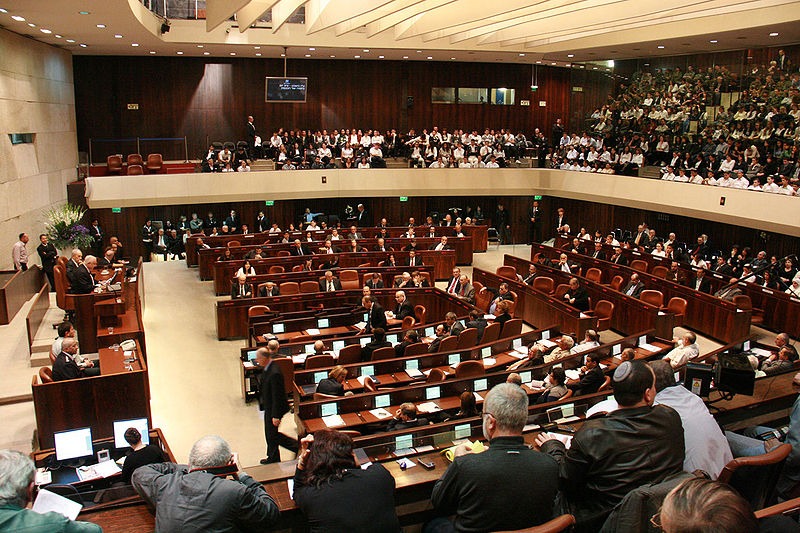Terrorists will exploit any vacuum in Israeli control to establish and expand terrorist infrastructures and launch attacks against Israelis.
Amit Barak
(JNS)
Among my various occupations, I am a tour guide, primarily for Christian groups. On Oct. 7, 2023, I was with a group of Christians from Norway and African countries. It was supposed to be the second-to-last day of their trip.
At breakfast in a hotel in Tiberias, I turned on my phone and started seeing WhatsApp videos, mostly of white pickup trucks driving through the streets of Sderot. I knew something unusual was happening, but I still didn’t grasp the magnitude of the event. Slowly, more and more reports started coming in amid the uncertainty. If this was happening in Gaza, then what could happen in Judea and Samaria? In the north? In the towns along Judea and Samaria? The situation was chaotic.
At that time, I was the commander of the emergency response team in my community in Judea. I knew that the community security officer wasn’t even in Israel at the time, and I was a three-hour drive away. I began sending messages to the residents about how to act and to those on the emergency response team. I said goodbye to my tour group and started making my way home.
My parents, who live not far from the hotel, picked me up, brought me my father’s Israel Defense Forces uniform, as mine was at home and dropped me off at a central junction to begin my journey home. From there, I hitchhiked, ride after ride, with reservists who were already on their way to their units. When I finally arrived home, I greeted my wife and children, and checked on the security preparedness of the community, especially those serving on the emergency response team.
Gradually, the men began disappearing, each one called up to their units. By that evening, I, too, left my family, home and community as I was called to duty.
Almost no men remained in our tiny community of 25 families and a few singles. Despite our proximity to Arab villages, the community was practically defenseless. One could say that we left to defend the State of Israel, but in doing so, we essentially abandoned our families. My settlement, like many others, was left almost entirely in the hands of women. Very few men stayed behind, and the army took time to organize its defense efforts.
Nearly 18 months later, the threat has not yet been removed. It’s no secret that a terrorist infrastructure is always present in Judea and Samaria. The security forces of the State of Israel are in a constant battle against Palestinian terrorism, which seeks to harm Israelis wherever possible. Many of the terrorists originate from areas within Judea, Samaria, the Jordan Valley and the northern Dead Sea near Jericho.
Many of the anti-terrorism efforts in recent months have been focused on northern Samaria, its eastern slopes toward the Jordan Valley and in the Tulkarem area, located in western Samaria.
History has repeatedly proven that where there is no Jewish settlement, there is no security. The 2005 disengagement agreement saw Israel completely leave Gaza Strip and northern Samaria, the latter where four Jewish settlements and military camps were evacuated. This left a significant geographical portion of northern Samaria without a single Israeli presence. The result? The Arabs, often referred to as Palestinians, did not seize the opportunity for normalization or peace. Instead, they exploited the vacuum to establish and expand terrorist infrastructures and launch attacks against Israelis.
From the earliest days of Zionism, it has been clear that security in the Land of Israel is intrinsically tied to the Jewish presence.
Samaria, a biblical heartland liberated in 1967, is often referred to in international political discourse and media as the “West Bank.” This terminology, however, ignores Israel’s historical and legal ties to the land. The Jordan River—though narrow compared to many of the world’s great rivers—defines a region that stretches up to 34 miles at its widest point. Samaria is not only an area of deep historical significance, but also a strategic necessity for Israel’s security. With tall, dominant mountains that serve as a strategic security asset, primarily to protect Israel’s central region, Tel Aviv and areas north of it, where about 70% of the population and 80% of Israel’s economy are concentrated. To the east, the Jordan River and the Jordan Valley act as a natural barrier against military invasion.
Smuggling, however, is a different story.
I heard an intelligence briefing recently that the situation in Samaria (primarily) has worsened since Oct. 7. There are more weapons and more firearms, including various types of weapons and rockets that were not previously present.
One of the greatest threats to Israeli security in Judea and Samaria is the ongoing smuggling of weapons from Jordan. Israel has yet to fully secure this border, allowing a steady flow of arms, many originating from Iran or passing through its channels, into terrorist-controlled areas.
Jordan is aware of this reality, yet the Jordanian army has done little, if anything, to curb the influx of weapons. This echoes Egypt’s passive, or even complicit, role in allowing weapons to be smuggled into Gaza before the Oct. 7 massacre. Egypt’s lack of action raises questions about its involvement and possible indirect benefit from the ongoing conflict and Hamas’s smuggling. The reluctance of Jordan and Egypt to combat terrorism only strengthens Israel’s need for decisive military action.
Tulkarem, a Palestinian city of approximately 90,000 residents, has become a hub of terrorist activities. It is situated on Highway 6, just a few kilometers from Jewish communities in Samaria, the Sharon region and cities such as Netanya and Hadera. This area was Israeli territory even before 1967 and is only a 15-minute drive from the Mediterranean Sea. The Oct. 7 massacre demonstrated how short these distances are, and how vulnerable Israeli civilians and infrastructure are when terrorists exploit such proximities to launch attacks.
The deteriorating security situation in Samaria is a direct consequence of past strategic errors, particularly the 2005 disengagement. Terrorists have taken advantage of Israel’s absence to establish strongholds, smuggle advanced weapons and plot attacks against Israeli civilians. A decisive military operation is now a necessity to restore security, neutralize threats and ensure the sovereignty that Israel must apply over its historic and strategic heartland. Only through action will Israel be able to protect its citizens and secure the future of its land.
Image: Cars on Highway 6 on Aug. 4, 2024. Photo by Yossi Aloni/Flash90.












